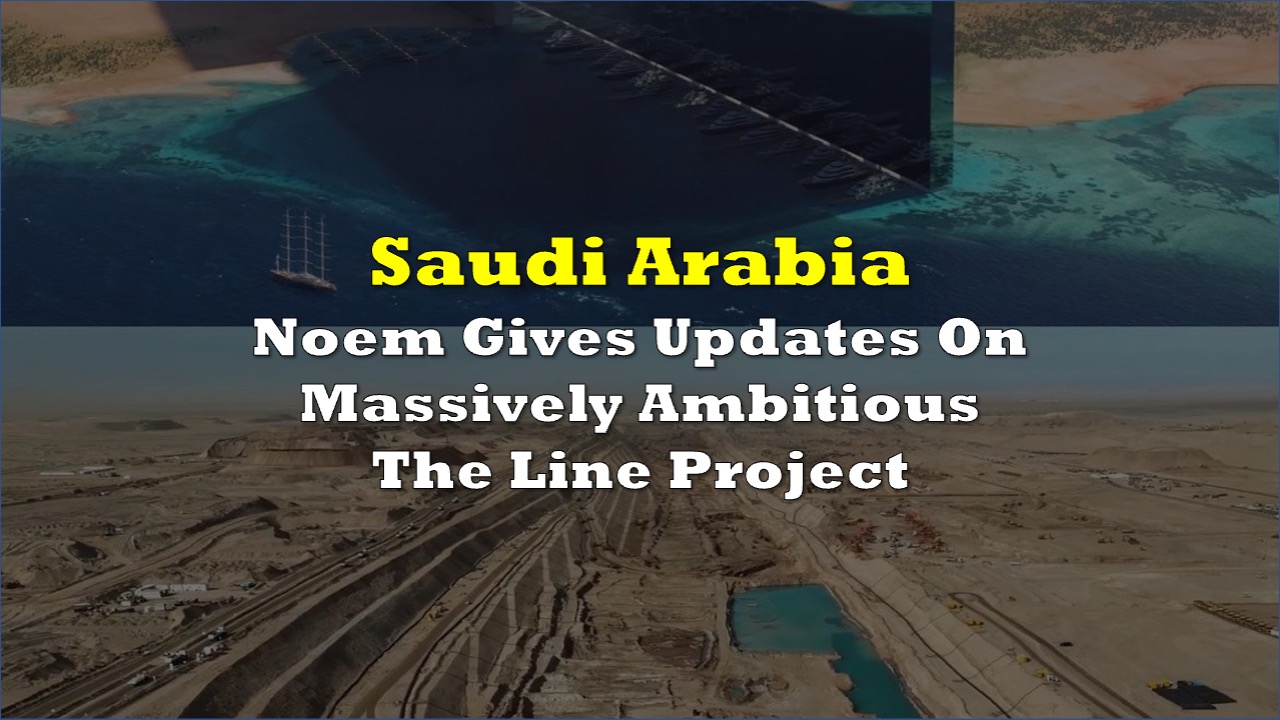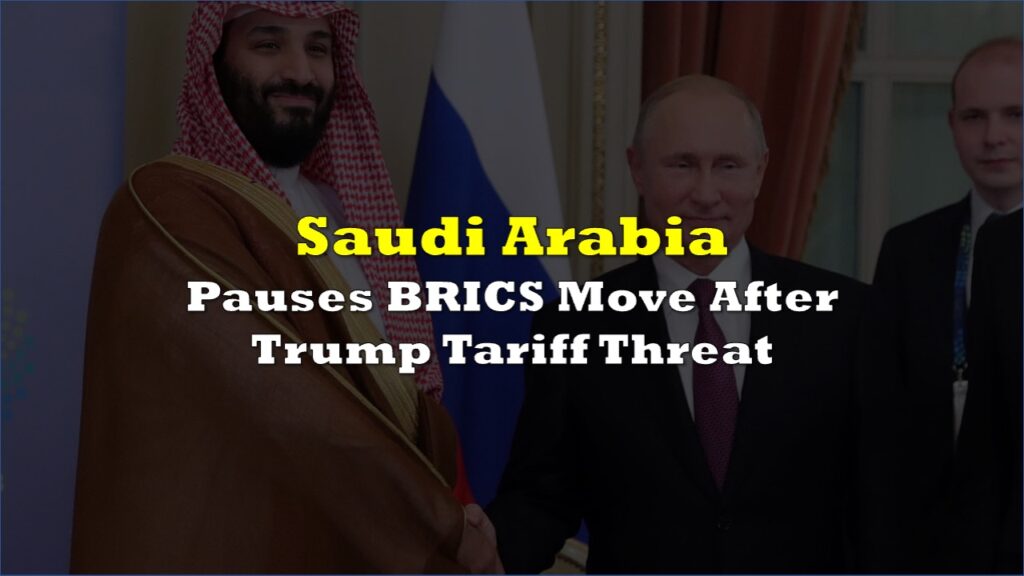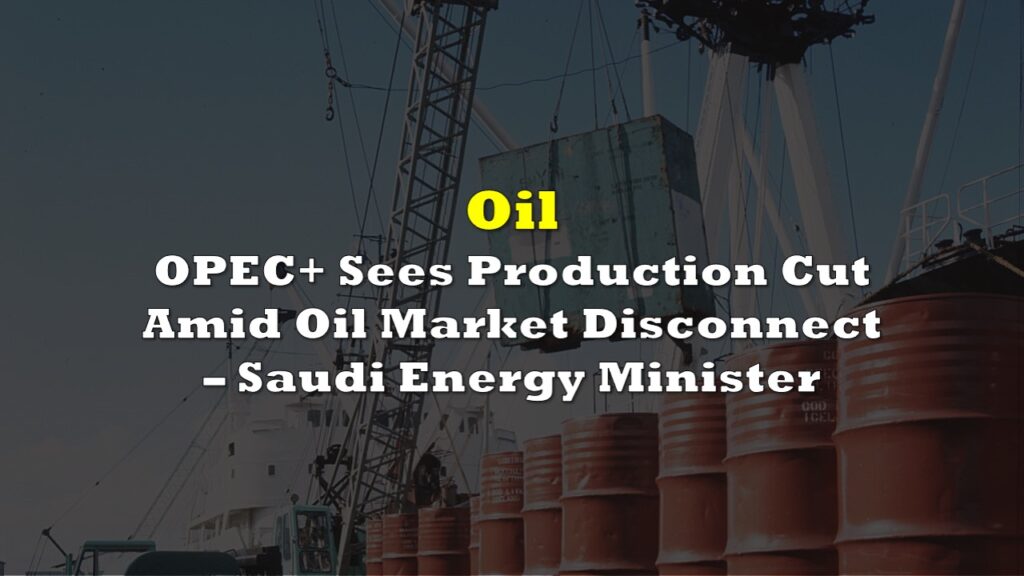Saudi Arabia’s ambitious The Line project is underway — and the megastructure, at least its first phase, is “progressing rapidly” according to a new video from NEOM.
“The first phase of The Line will be complete by 2030,” Development Officer Denis Hickey said in the video. “We are committed,” he added.
The Line aims to redefine urban living with its unique design of two mirrored 500-meter tall and 200-meter wide skyscrapers extending over 170 kilometers, effectively creating a linear city in the Tabuk Province, northwest of Saudi Arabia. The futuristic city is designed to have no cars, streets, or carbon emissions.
This project is a cornerstone of the larger Noem project which aims to diversify Saudi Arabia’s economy beyond oil and gas. It’s projected to cost about $1 trillion, with $500 billion on The Line.
The video intersperses current construction efforts, hailed as “the world’s biggest earthworks operation,” with renderings of The Line, featuring mirrored skyscrapers blending into the desert landscape. Noem claims to be mobilizing a massive fleet of excavators and trucks working “around the clock” to move over 2 million cubic meters of earth weekly.
“We’ve done a lot of the foundation work, literally and figuratively,” Hickey continues. “We are ready to go.”
The project was first announced in January 2021 by Crown Prince Mohammed bin Salman. Earthworks started in October of that year. They initially said that the city’s first residents would move in by 2024. It’s unclear how current progress, given the massive scale of the project, would translate to the completion of its first phase in just six years.
Latest construction photos of the Line / Neom
— Philip Oldfield (@SustainableTall) March 2, 2024
Those are going to need to be some hefty foundations if this ends up being 500m tall!!! pic.twitter.com/sBLzcKHFJV
Experts have also been skeptical of the concept, describing it as naive and unrealistic.
“There would be so many physical and environmental phenomena that would have to be dealt with to achieve the incredible minimal and singular character that the renderings propose,” Marshall Brown, director of the Princeton Urban Imagination Center and an associate professor of architecture at Princeton University, told design publication Dezeen in 2022.
In the same article, Philip Oldfield, head of the built environment school at the University of New South Wales (UNSW) Sydney, cautioned that the carbon cost of construction “will overwhelm any environmental benefits.”
The Saudi Arabian government has been accused of displacing about 20,000 members of the Huwaitat Tribe and committing human rights violations against its members, including shooting one person dead, for opposing the project.
Information for this story was found via the sources and companies mentioned. The author has no securities or affiliations related to the organizations discussed. Not a recommendation to buy or sell. Always do additional research and consult a professional before purchasing a security. The author holds no licenses.









